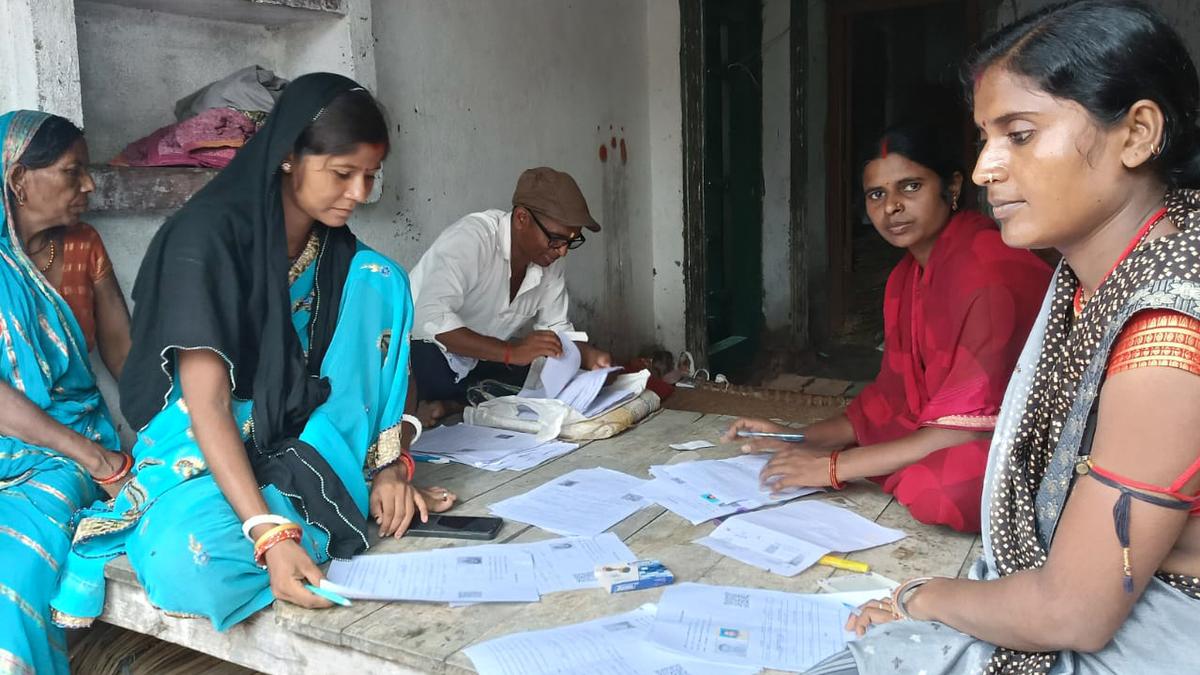Now Reading: India’s Electoral System Reveals Deepening Fault Lines
-
01
India’s Electoral System Reveals Deepening Fault Lines
India’s Electoral System Reveals Deepening Fault Lines

Swift Summary
- Bihar reports the highest rate of internal migration in India, with 36% of households having at least one migrant. Over 20% of its working-age population resides outside the state at any time.
- Census 2011 documented that nearly 13.9 million Biharis lived outside Bihar; current estimates suggest this number has risen to between 17 million and 18 million.
- The Election Commission of India’s Special Intensive Revision has removed over 1.2 million names from electoral rolls in Bihar this year,primarily due to “non-residency” during verification processes. In certain districts with high out-migration rates,deletions reached up to 7%.
- India’s electoral rules prioritize residency as the basis for constituency enrollment rather than citizenship, impacting migrant populations disproportionately and creating structural disenfranchisement based on mobility patterns.
- Unlike India,countries like the United States,Philippines,and Australia address similar challenges by using absentee voting mechanisms or mobile polling stations to ensure better inclusivity for non-resident voters.
Indian Opinion analysis
India’s evolving socio-economic reality-marked by growing internal migration-creates critical friction points for outdated electoral frameworks built upon fixed residency assumptions from a post-colonial era. While maintaining roll integrity is essential for fair elections, reliance on strict “ordinary residence” as a criterion risks alienating vulnerable groups such as migrants who often lack consistent access to procedural safeguards like claims and objections systems due to economic precarity or literacy barriers.
The Election commission’s adherence to legislative provisions reflects institutional constraints; however, proactive advocacy for reforms like option enrollment models or pilot initiatives within existing authority could reduce disenfranchisement risks without compromising procedural rigor.
To address this systemic challenge effectively will require not only legislative adjustments but also greater political commitment toward voter education among marginalized constituencies-a move that should extend beyond weaponizing disenfranchisement narratives during political contestation cycles.
For further reading: Careful curation: On Bihar’s Special Intensive Revision of electoral rolls

























